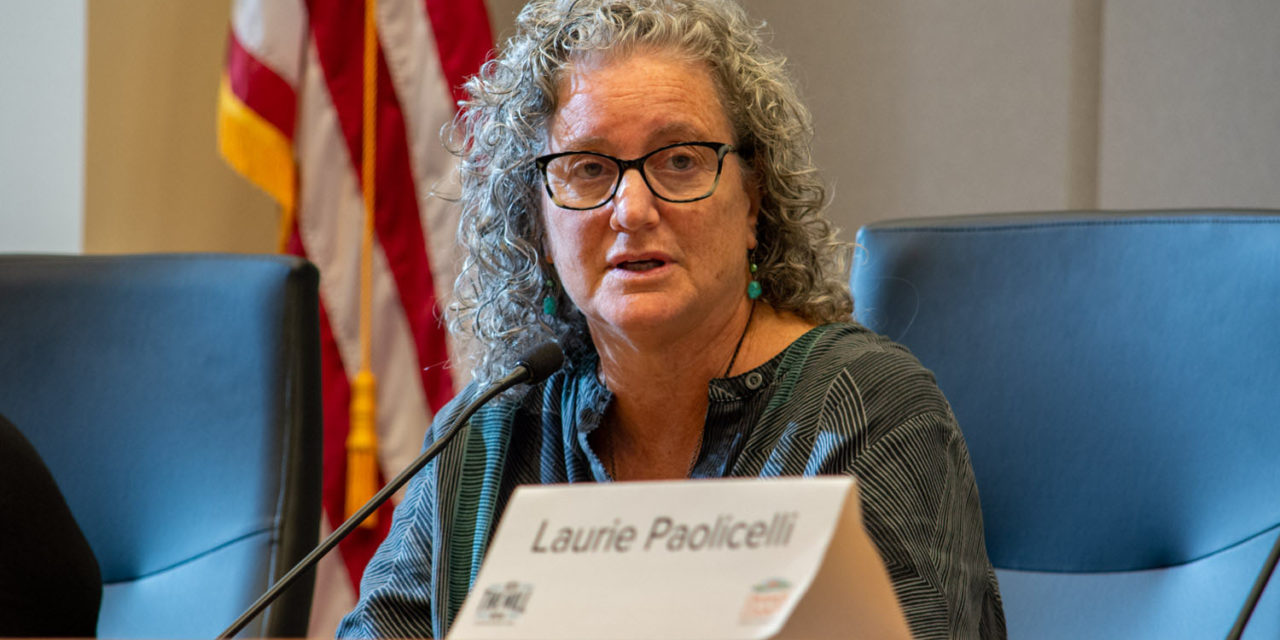The face covering requirement in Orange County will begin on Friday at 5 p.m. The measure, which is part of the county’s state of emergency, is slated to run through the end of August in an effort to continue protecting public health amid COVID-19 cases rising in North Carolina.
Chair of the county’s Board of Commissioners Penny Rich spoke with 97.9 The Hill’s Aaron Keck shortly after the change was announced. She explained why the county leadership, as well as the mayors of Chapel Hill, Carrboro and Hillsborough, decided to enact this measure now instead of earlier.
“We just had to do it at the right time, because we had to make sure that we had the ability to provide masks,” said Rich, “which we didn’t in the past. When this whole pandemic started, we couldn’t buy any PPE at all. The ability to buy masks changed it for us.”
The new order requires all people in indoor or outdoor situations when six feet of distance cannot be kept to wear a type of face covering. It specifically lists places like grocery stores, retail stores and public transportation vehicles as applicable places for the requirement.
Rich said shortly after the announcement, the county received many questions about how the measure will be enforced. She described a similar tactic to the county’s stay at home order issued in March, saying no one will be arrested or receive a citation unless they are making conscious efforts to endanger others. There are exceptions to the face covering requirement, but Rich also described times when it would be acceptable to have a mask off.
“You could ride your bike, you could go for a walk, you could do exercise,” she said. “It [just] needs to become a habit. You go out of your house, you have your keys, your phone, your wallet, your mask. I mean, that’s just the way it’s going to be for a couple of months. Once we get into the habit, it won’t be such a big deal.”
Enforcement, however, also played a factor in why the local government leadership was concerned about making masks a requirement. Methods to achieve this aside, Rich said there was much discussion over how community members could potentially misuse the order or misunderstand how to approach those not wearing face coverings.
“I think the push-back is going to be challenging for emergency services,” she explained, “because there might be people now feeling like they can call 911 on their neighbor or someone walking on the street that doesn’t have a mask. We don’t want people to do that, 911 is not the place to call. If you have any concerns, you should call the Emergency Operations Center.”
Rich also said there is concern for the county’s African American community, which had some member express fears of being profiled while wearing them or specifically targeted when not. She said the county leaders relied on Quintana Stewart, Orange County Health Director, to make decisions regarding this element. According to Rich, Stewart’s perspective as a black woman and public health leader led to the call of ultimately requiring face coverings.
“We let [Stewart] take the lead on this,” said Rich, “and give us her opinion on how we had to evolve to come to this [stance]. We’re all kinds of there now, but we are concerned about white people calling on the phone that a black person may or may not have a mask on. We have to use our common sense.”
To learn more about Orange County’s policies on face coverings, visit the county website. The North Carolina Department of Health and Human Services also has a Frequently Asked Questions page about face coverings, their importance and how to clean them on its website.
Chapelboro.com does not charge subscription fees. You can support local journalism and our mission to serve the community. Contribute today – every single dollar matters.
Related Stories
‹
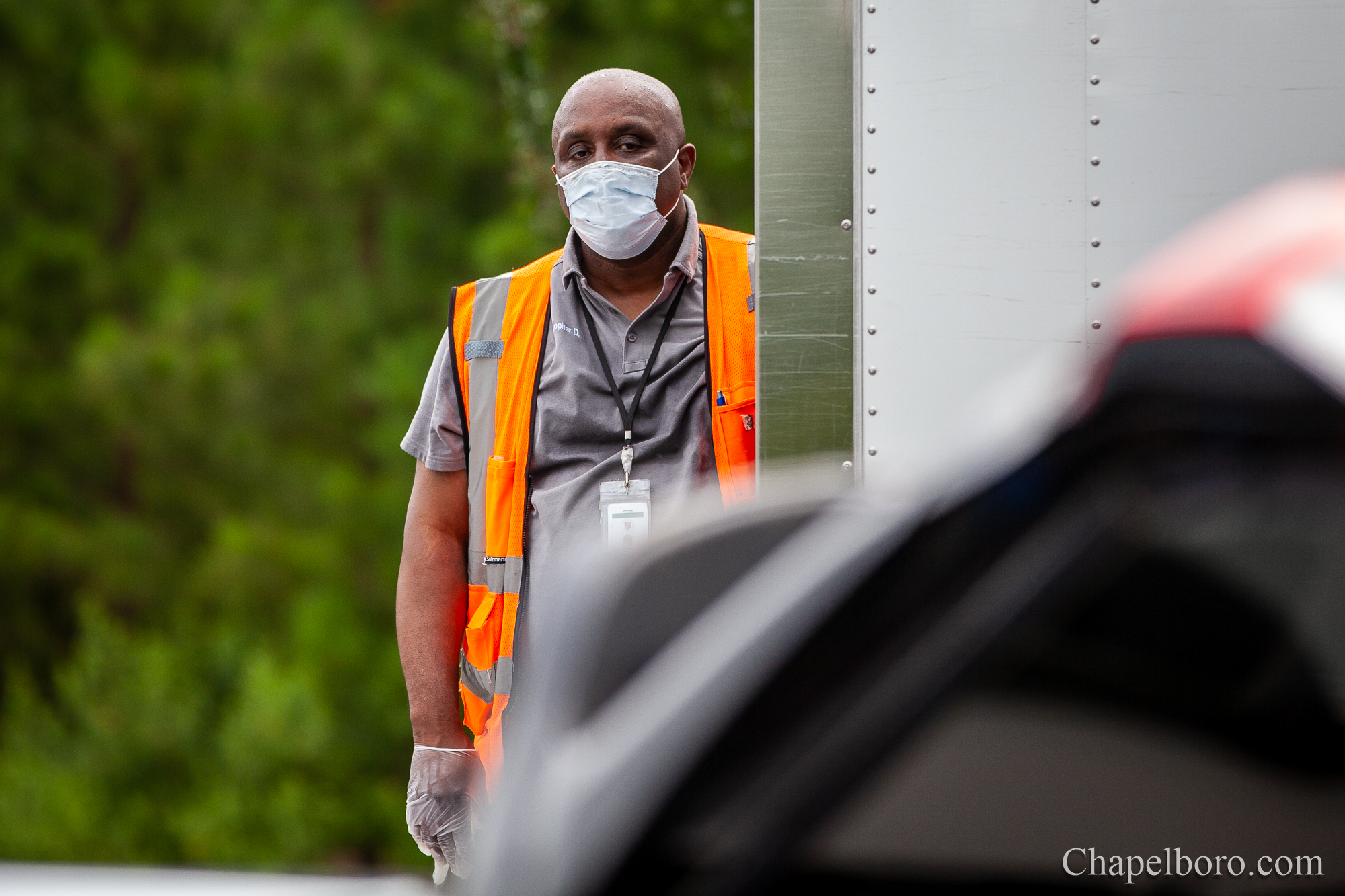
Orange County Updates Mask Requirement to Mirror State's OrderNote: This story has been updated to reflect Orange County’s changes to its mask requirement that adopt the many of same regulations as issued by the latest executive order from the state. The Orange County government updated its existing mask requirement to align with the statewide requirement before it went into effect on Friday. Governor […]
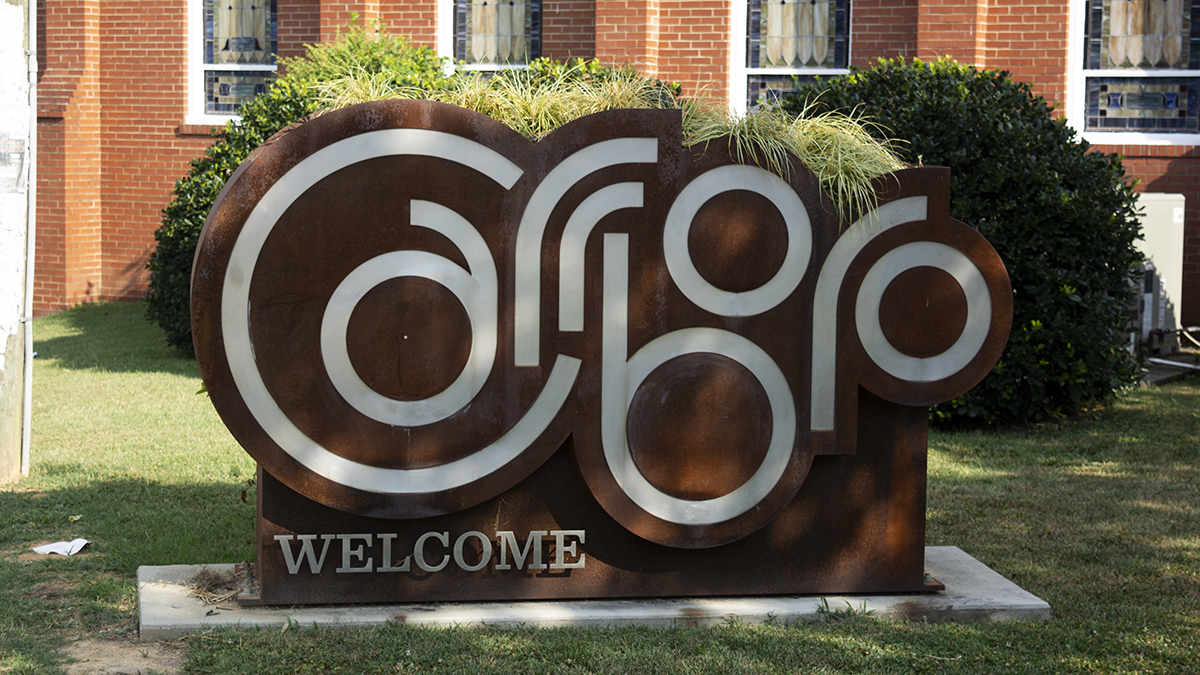
Carrboro Beginning to Distribute Free Masks as County Requirement BeginsThe Town of Carrboro is beginning its face covering distribution plan to town residents to aid compliance with the Orange County mask requirement. The town shared a release on Friday ahead following the start of the newest change to Orange County’s order, saying its first phase is underway with direct mask distribution happening with some […]
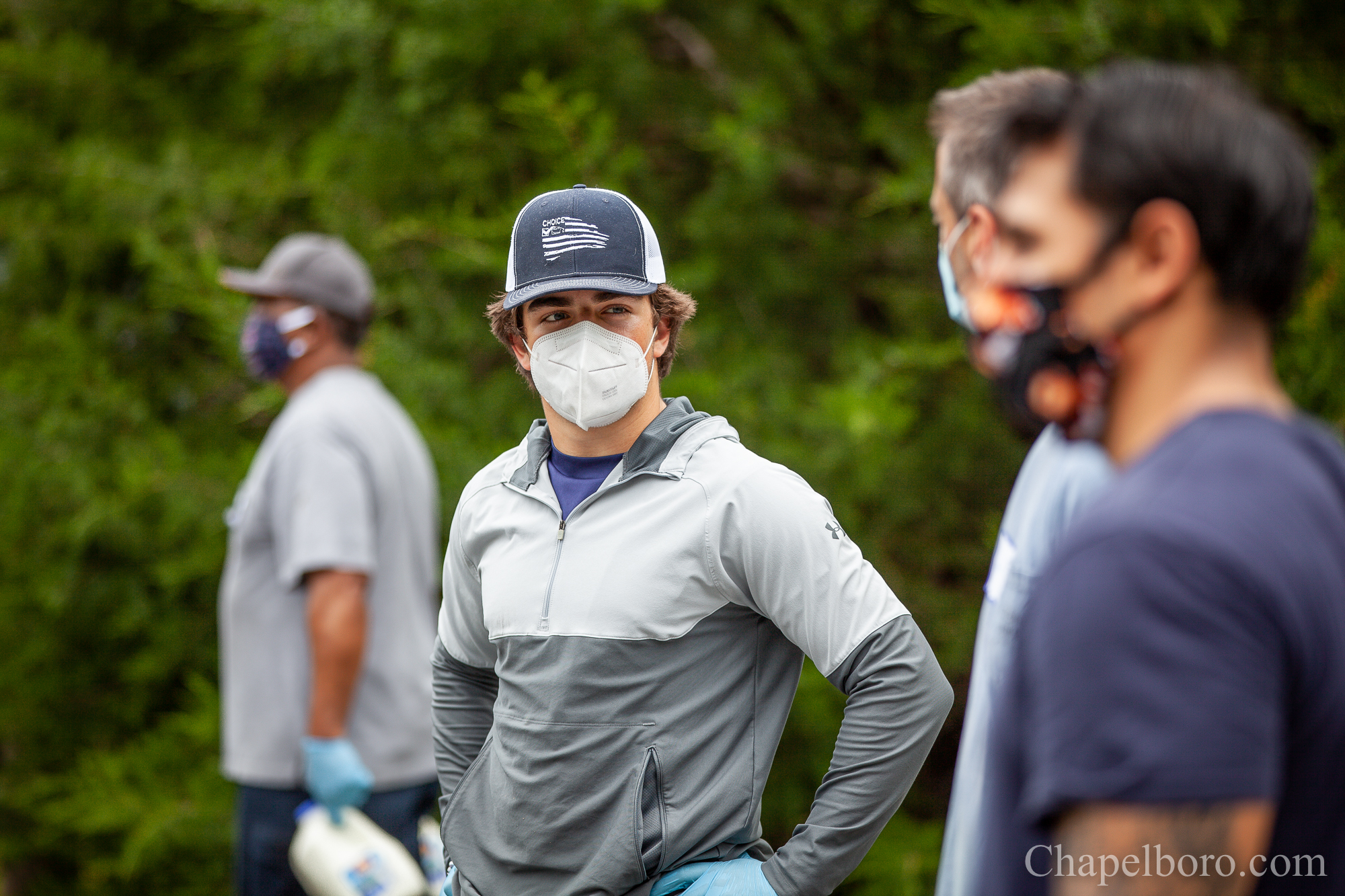
Orange County Leaders Declare Requirement for Face CoveringsOrange County will now require most people in the county to wear a face covering when out of their homes. The county Board of Commissioners, in cooperation with the mayors of the county’s towns, announced a change to its state of emergency order on Wednesday morning. The addition to the order, which is slated to […]
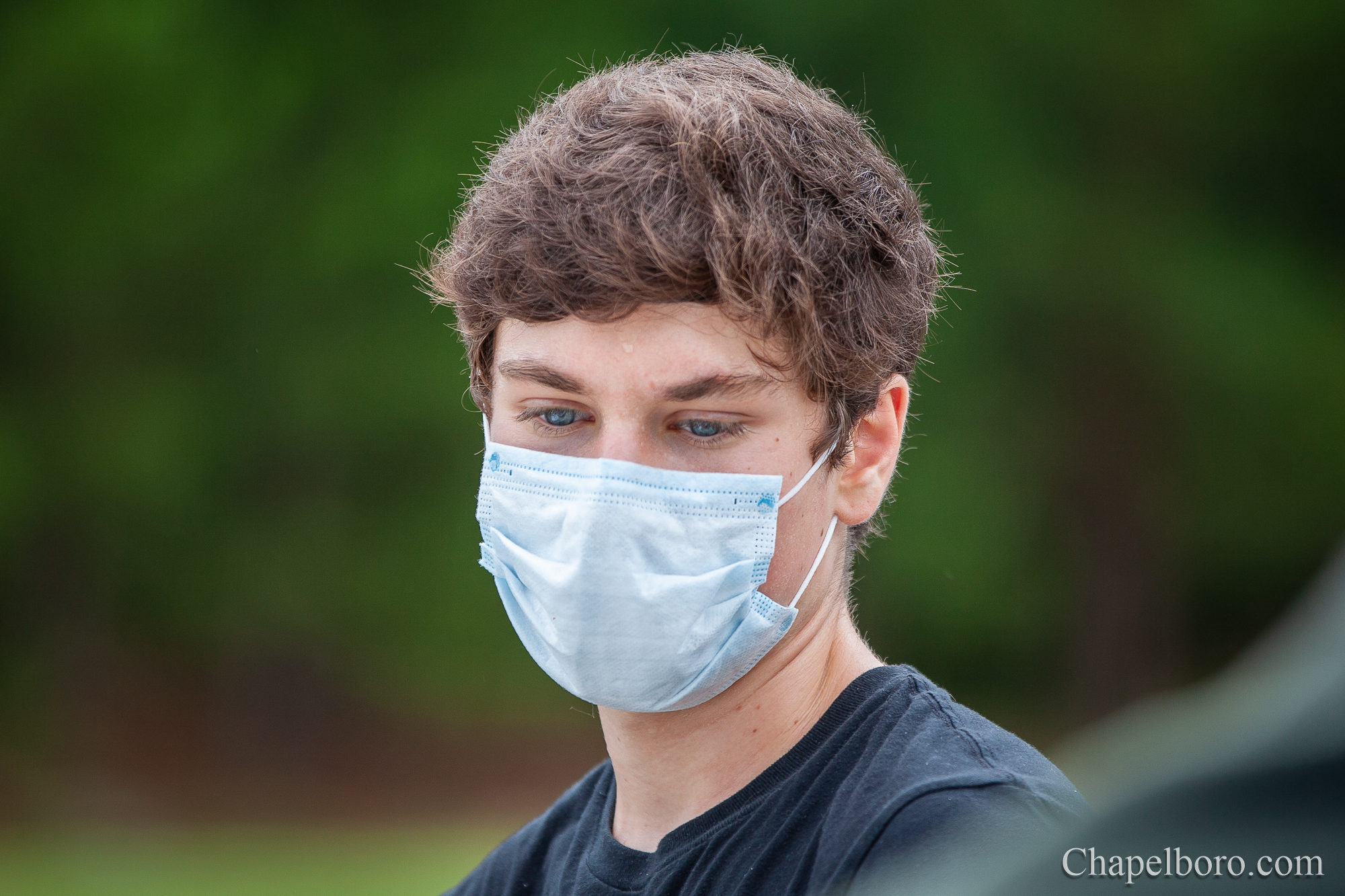
Orange County's Indoor Mask Mandate Extended To Mid-JanuaryWith COVID-19 cases back on the rise, Orange County officials are extending the county's indoor mask mandate into early 2022.
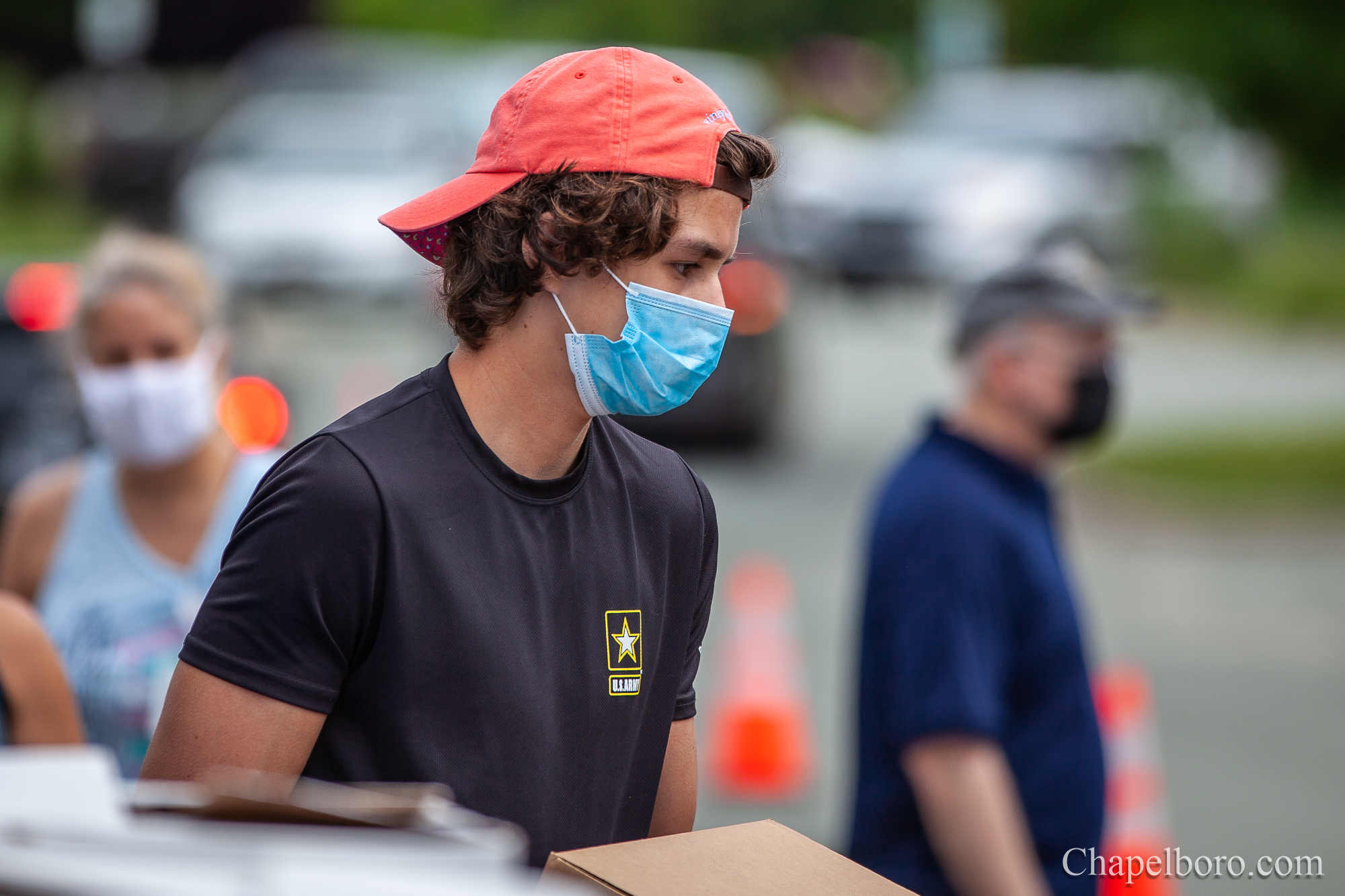
Orange County Government Reinstates Mask Mandate in Facilities; Employees to Share Vaccination StatusWith new COVID-19 infections on the rise locally and statewide, the Orange County government announced a shift back to requiring masks in its facilities. Effective Thursday, all visitors and employees in county government buildings must wear face coverings to prevent the spread of COVID-19, regardless of one’s vaccination status. Additionally, the Orange County government is […]
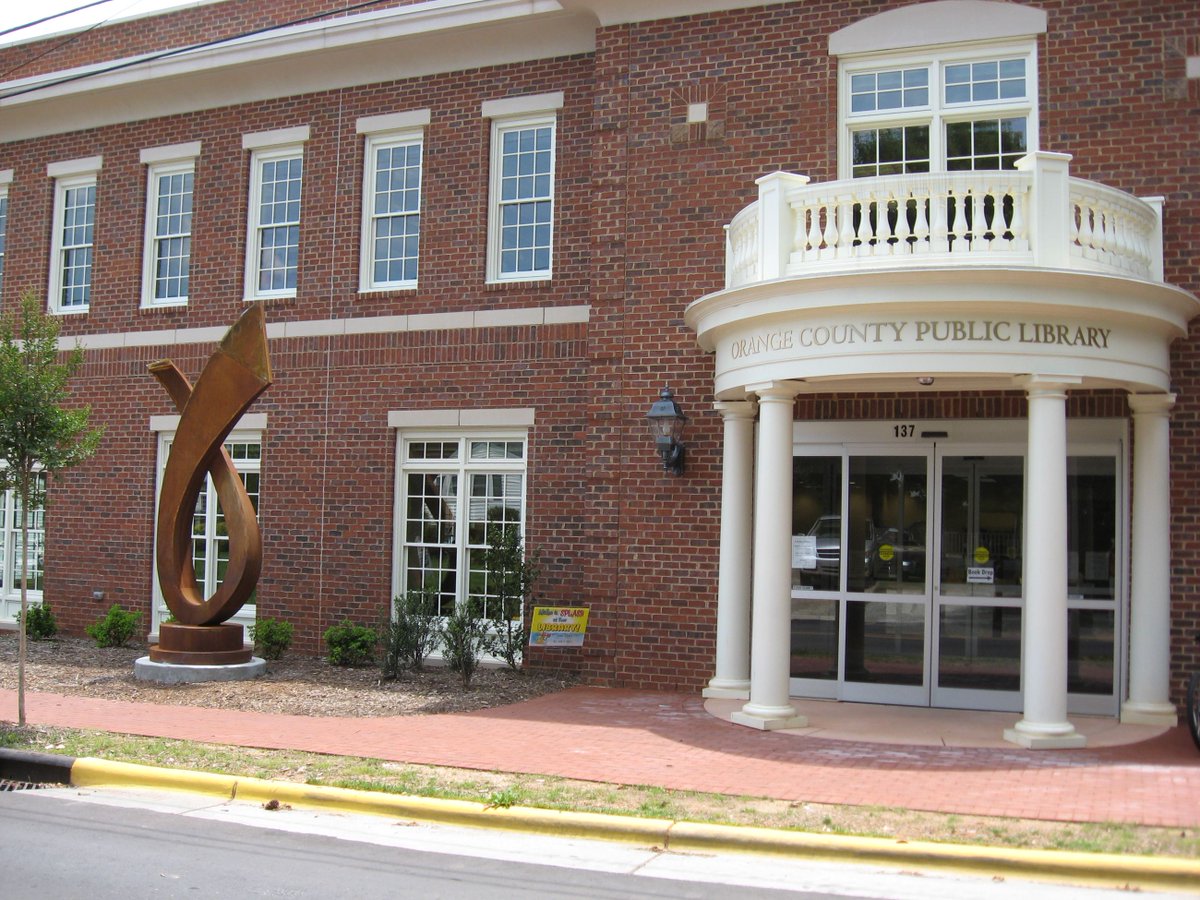
Orange County Government to Gradually Reopen Facilities in JulyThe Orange County government recently shared plans to gradually reopen county facilities to the public in July, marking one of its final stages of transition from the COVID-19 pandemic. The local government said in a release on Tuesday it will begin a phased approach to opening certain departments and resources based on the latest guidance […]

COVID-19: Need Help? Here's Where To StartThe COVID-19 pandemic has created and exacerbated many needs in our community. More and more folks are in need of food, financial support, and physical and mental health services; local businesses are seeking funds to get them through the downturn; and all of us are looking for information to help us better understand what’s going […]
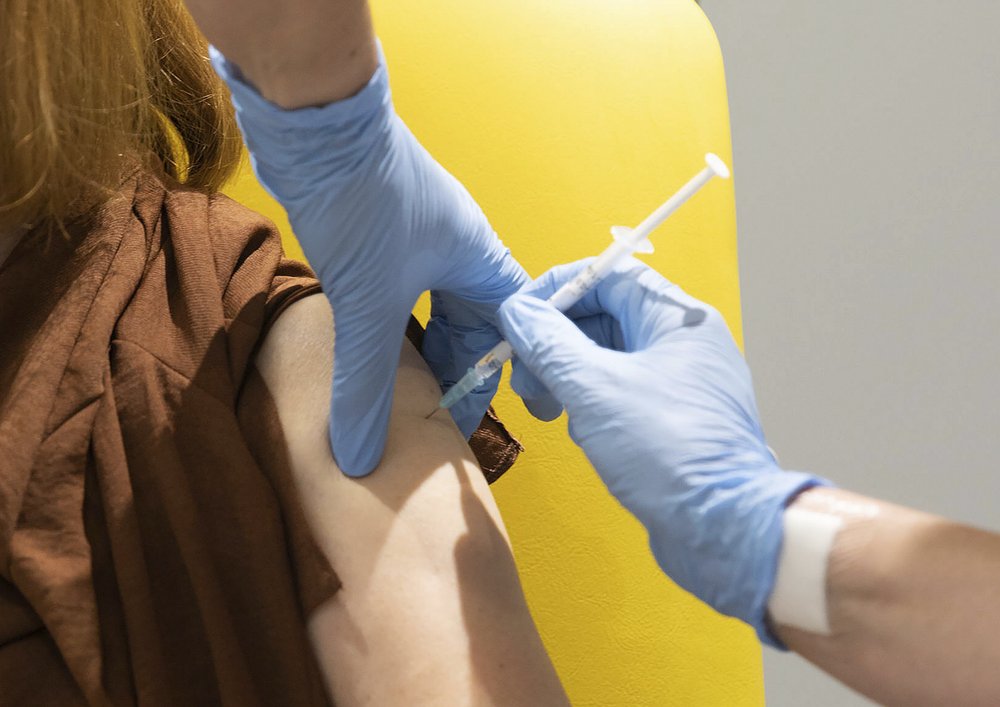
Orange County Shares Eventual Vaccine Distribution Plan for ResidentsThe Orange County Health Department shared its COVID-19 vaccine distribution plan for residents on Friday, a phased rollout of the drug mirroring that of North Carolina’s health department. With the Pfizer coronavirus vaccine earning approval from the federal Food and Drug Administration Friday, North Carolina is expected to receive thousands of initial doses. Vaccination, however, […]
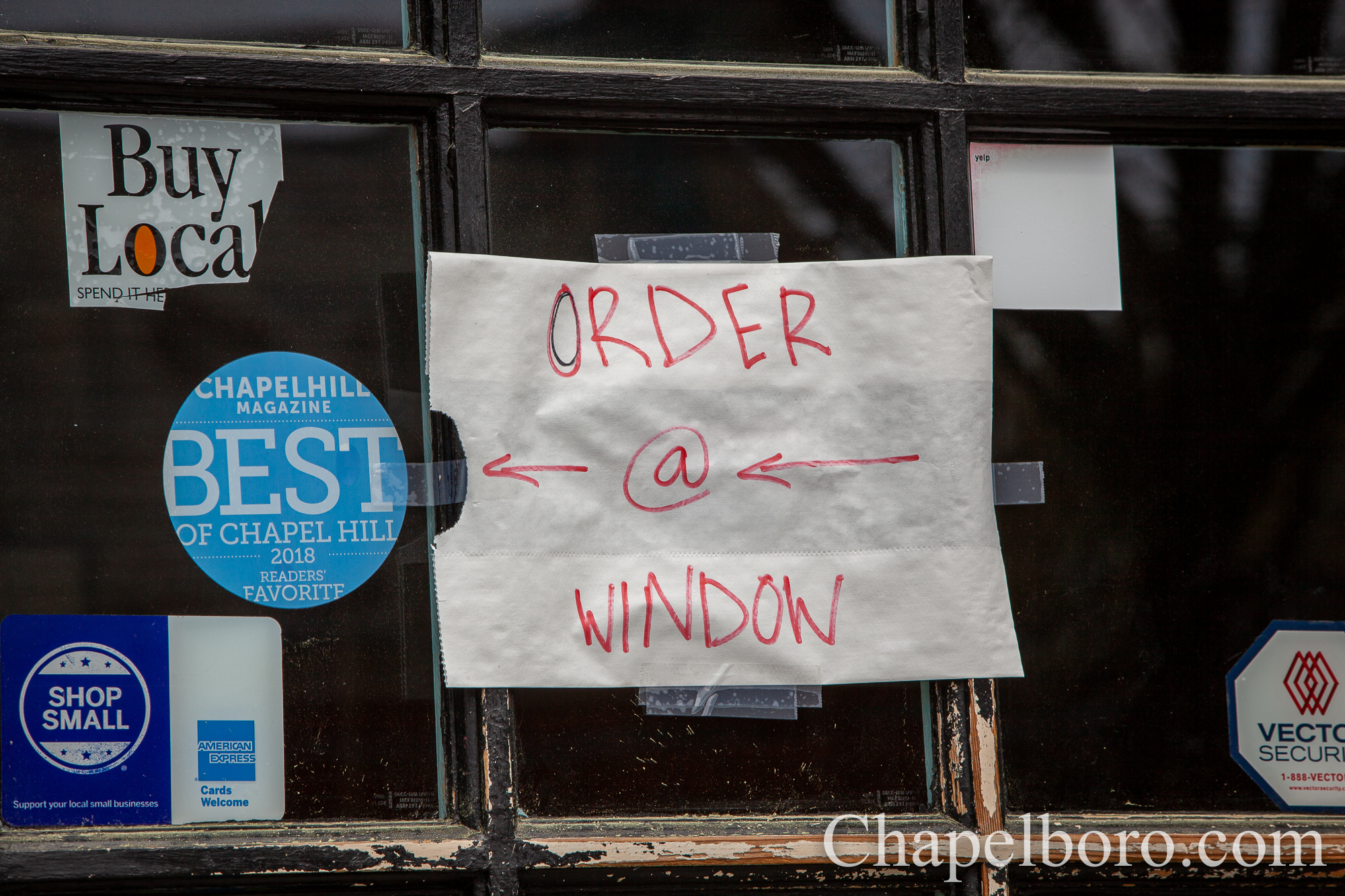
Orange County Mandates Restaurants Close Dine-in Seating Past 10 P.M.The Orange County government announced a change to its state of emergency order that now mandates restaurants stop serving dine-in customers past 10 p.m. each night. Shared with the public on Thursday, the order cited several restaurants in the county remaining open to early morning hours and serving primarily alcohol instead of food as impetus […]
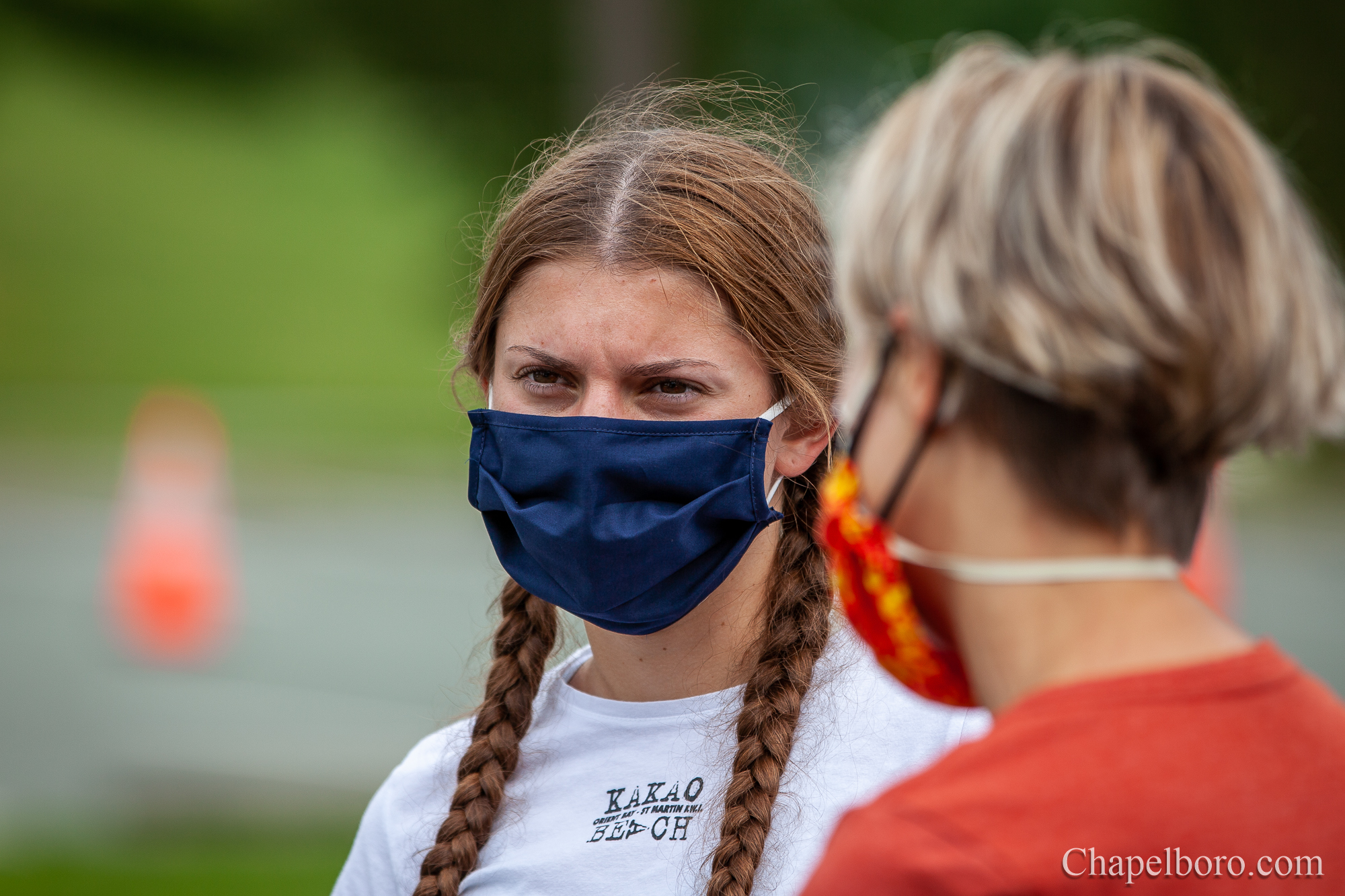
UNC Infectious Disease Expert Supports Wearing Masks, Social DistancingMany across North Carolina and the United States are still learning the effectiveness of face masks, social distancing and other methods to mitigate the spread of COVID-19. One of UNC’s top infectious disease experts recently spoke to the importance of these methods. The last pandemic that heavily affected the United States was the 2009 H1N1 […]
›

